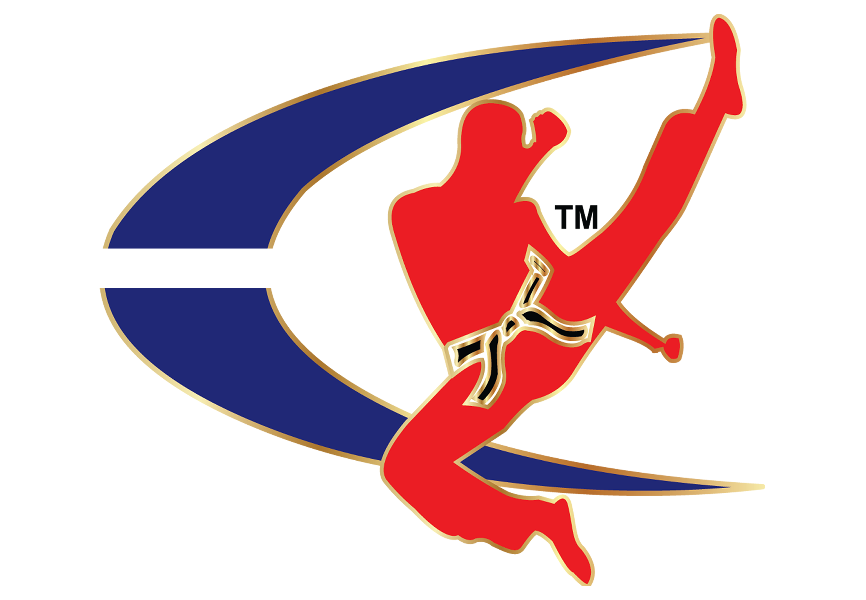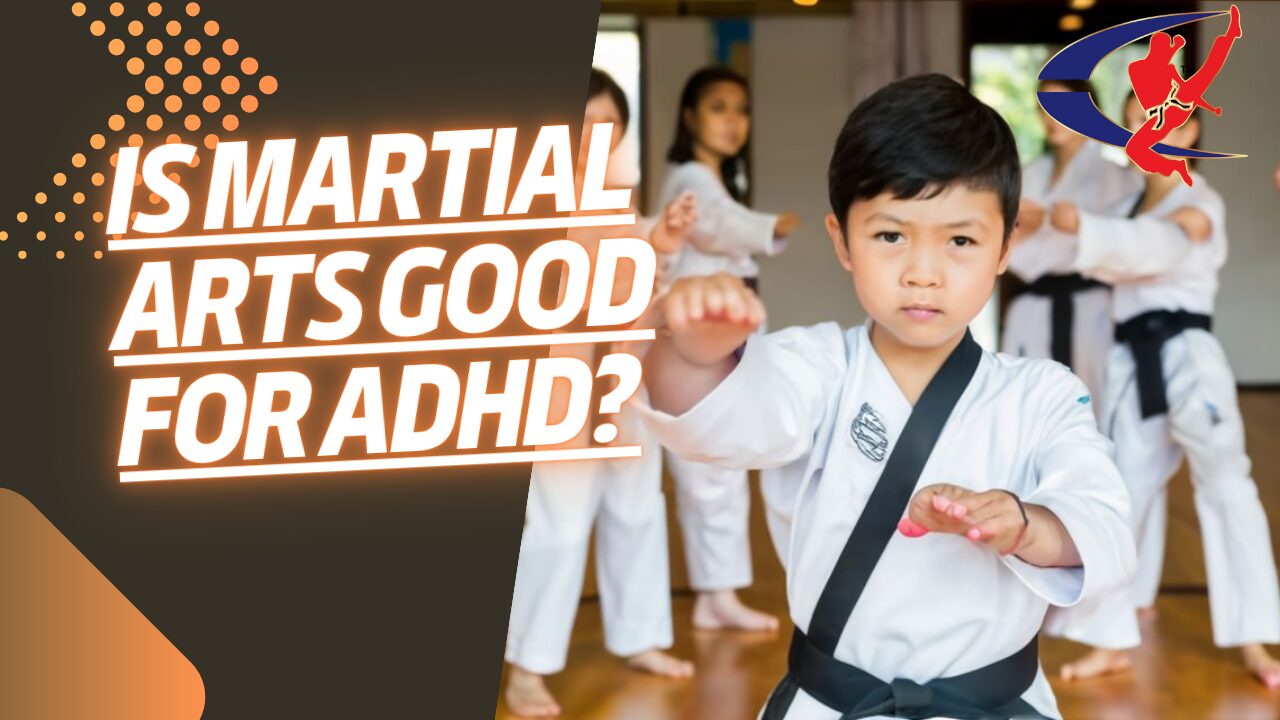Martial arts offers structured benefits for ADHD individuals by enhancing focus, self-discipline, and emotional control. It improves executive functions like memory and flexibility while fostering concentration and perseverance. Martial arts develop essential life skills, boost confidence, and promote physical fitness leading to overall well-being. The practice aids in managing impulsivity through self-awareness and repeated discipline. By cultivating emotional regulation and mental resilience, martial arts provide a platform for understanding and coping with emotions effectively. Its mindfulness practices and stress reduction techniques can offer valuable tools for individuals with ADHD seeking holistic growth in various aspects of their lives.
Key Takeaways
- Enhances executive functions like working memory and cognitive flexibility.
- Structured nature aids in academic performance and concentration.
- Develops self-discipline, control, and impulse management skills.
- Cultivates emotional regulation and mental resilience.
- Improves focus, attention, and overall well-being in individuals with ADHD.
Benefits of Martial Arts for ADHD
Engaging in martial arts training has shown to offer numerous benefits for individuals with ADHD, encompassing physical, mental, and emotional aspects.
When focusing on cognitive benefits, martial arts practice helps improve executive functions such as working memory, cognitive flexibility, and self-control. These skills are crucial for individuals with ADHD to navigate daily tasks effectively.
Moreover, the structured nature of martial arts classes can aid in enhancing academic performance. The discipline, focus, and goal-setting involved in learning martial arts can translate into improved study habits and better academic outcomes for individuals with ADHD.
By practicing martial arts, individuals with ADHD can develop better concentration, organization skills, and perseverance, all of which are essential for academic success.
Improved Focus and Attention
The practice of martial arts has been associated with notable improvements in focus and attention, particularly beneficial for individuals with ADHD. Engaging in martial arts requires a high level of concentration, which can help individuals with ADHD enhance their cognitive abilities and focus on the present moment. Through repetitive movements and techniques, practitioners develop increased concentration skills that can transfer to other aspects of their lives.
Moreover, martial arts often incorporate mindfulness and meditation practices, which are known to have a positive impact on focus and attention. Techniques such as controlled breathing and visualization not only improve physical performance but also enhance mental clarity and concentration. By encouraging practitioners to be fully present in the moment, martial arts help individuals with ADHD learn how to manage distractions and stay focused on the task at hand.
Enhanced Self-Discipline and Control
Practicing martial arts fosters the development of enhanced self-discipline and control in individuals, offering a structured platform for cultivating important life skills. Through the rigorous training and focus required in martial arts practice, individuals, including those with ADHD, can learn to regulate their impulses, emotions, and behaviors more effectively. This enhanced self-discipline extends beyond the dojo or gym and can positively impact various aspects of daily life.
Moreover, engaging in martial arts can boost self-confidence as individuals master new techniques and progress through belt ranks. This increased self-confidence can translate into improved self-esteem and a more positive self-image, which are beneficial for individuals with ADHD who may struggle with feelings of inadequacy or low self-worth.
Additionally, the physical demands of martial arts training contribute to improved physical fitness, which is essential for overall health and well-being. Regular exercise through martial arts practice can help individuals with ADHD manage their symptoms more effectively by reducing hyperactivity and impulsivity while promoting better focus and concentration.
Managing Impulsivity Through Martial Arts
Individuals with ADHD can benefit from martial arts training as it provides a structured environment that aids in managing impulsivity effectively. Impulse control is a significant challenge for many individuals with ADHD, often leading to hasty decision-making and actions without fully considering the consequences. Through martial arts, individuals learn to control their impulses by practicing self-awareness and discipline.
Martial arts training requires practitioners to focus on the present moment, emphasizing the importance of mindfulness and self-regulation. By repeatedly practicing various techniques and forms, individuals with ADHD can improve their impulse control skills. The structured nature of martial arts classes, with clear guidelines and routines, helps individuals develop a sense of self-awareness regarding their actions and reactions.
Moreover, the respect for instructors and fellow students instilled in martial arts training encourages individuals to pause and think before acting impulsively. By fostering discipline and self-awareness, martial arts can be a valuable tool in helping individuals with ADHD manage their impulsivity more effectively.
Emotional Regulation in Martial Arts
Emotional regulation plays a pivotal role in the practice of martial arts, offering individuals with ADHD a structured avenue to cultivate self-control and manage their emotional responses effectively. Through consistent training and focus on techniques, martial arts provide a platform for individuals to understand and regulate their emotions in a controlled environment. This structured approach can significantly benefit individuals with ADHD, helping them develop mental resilience and cope with the challenges they face in everyday life.
Martial arts training encourages practitioners to stay calm and composed, even in the face of adversity, which can be particularly beneficial for individuals with ADHD who may struggle with impulsivity and emotional dysregulation. By learning to channel their emotions effectively during training, individuals with ADHD can transfer these skills to real-life situations, improving their ability to navigate social interactions and manage stress.
Furthermore, the physical aspect of martial arts can serve as a form of stress reduction, allowing individuals to release pent-up energy and tension in a constructive manner. This can lead to a sense of calm and mental clarity, enhancing emotional regulation and overall well-being for individuals with ADHD.
Frequently Asked Questions
Can Children With ADHD Participate in Martial Arts Classes Safely?
Safety concerns are crucial for children with ADHD in martial arts classes. Progress in training should be monitored closely. Skill development can benefit focus and discipline. Social interaction promotes teamwork and communication skills, aiding overall development.
Are There Specific Styles of Martial Arts That Are Better Suited for Individuals With Adhd?
When considering specific styles of martial arts for individuals with ADHD, it is important to evaluate belt ranking systems that offer clear progression. Styles focusing on motivation, enhancing focus, building confidence, and self-discipline can be particularly beneficial.
How Can Parents Support Their Child With ADHD in Practicing Martial Arts Outside of Class?
Parental involvement in a child’s martial arts practice is crucial for progress monitoring. Beyond classes, parents can encourage alternative activities that complement martial arts. Positive reinforcement, consistent communication with instructors, and setting achievable goals are key strategies.
Are There Any Potential Negative Effects of Practicing Martial Arts for Individuals With Adhd?
When considering the potential risks of practicing martial arts for individuals with ADHD, it is essential to assess safety concerns and long-term benefits. Alternatively, exploring alternative activities that provide physical and mental stimulation may be beneficial.
Can Martial Arts Be Used as a Standalone Treatment for Adhd, or Should It Be Combined With Other Therapies or Interventions?
Martial arts can serve as a beneficial component in addressing ADHD. When integrated with other interventions like ADHD medication and alternative therapies, it can enhance overall management of symptoms, promoting physical activity, discipline, focus, and self-regulation.
Conclusion
In conclusion, martial arts can be beneficial for individuals with ADHD by improving focus, self-discipline, and emotional regulation.
Through the practice of martial arts, individuals can learn to manage impulsivity and enhance their overall well-being.
The structured and disciplined nature of martial arts training can provide a positive outlet for those with ADHD to channel their energy and develop important skills for managing their symptoms.

